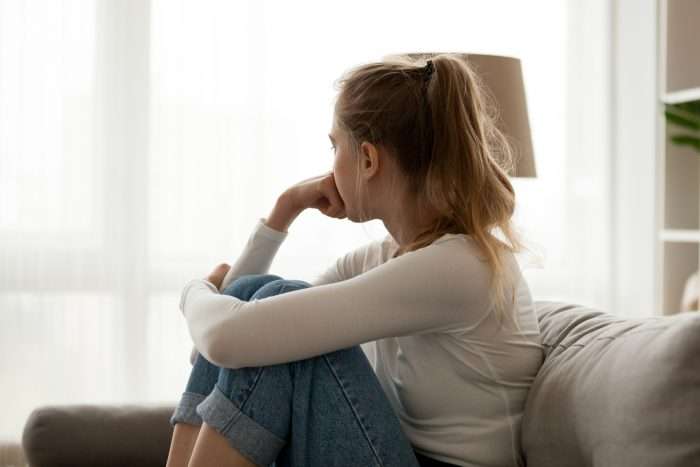As a parent, it’s in your best interest to ensure that your children have sound mental health. Unfortunately, it’s not always easy to know whether or not your kids are mentally stable or not. Kids are, by nature, curious, energetic, and hyperactive – it can be difficult to determine whether your child is struggling with a mental health problem or simply being a kid.
This article explores some of the signs that your children may be emotionally unstable. Learning to work around these issues can help prevent your children from using drugs or alcohol.
Signs of Mental Instability in Children
These are some signs of mental health problems or emotional instability. We have arranged the information according to different ages of children.
Signs of Mental Instability in Young Children (aged 3-8)
Signs of mental health problems may begin to manifest in children as young as 3 years old. Here are some warning signs.
- Having difficulty maintaining good behavior during school or daycare
- Abnormal levels of energy or hyperactivity compared to other kids
- Insomnia
- Regular or reoccurring nightmares
- High levels of fear, worry, etc
- Being extremely disobedient
- Aggression and frequent temper tantrums
- Clingy behavior, separation anxiety going beyond what is normal
Signs of Mental Instability in Older Children (aged 9-13)
As children begin to grow up, different types of mental health symptoms may emerge. These signs may indicate that older children are at risk of developing mental health problems.
- Being extremely afraid, nervous, or worried about seemingly normal things
- Hyperactivity
- Spontaneous or irregular performance in school
- Social deviance
- Loss of social desires
- Social inhibition
- Weight changes, extreme concern about weight
- Inconsistent sleeping habits
- Beginning to use substances of abuse such as drugs or cigarettes
Signs of Mental Instability in Teens (aged 14+)
As children enter their teenage years, the symptoms of mental health problems become increasingly obvious. Some signs to look out for include:
- Frequent destructive behavior: vandalism, fighting, etc.
- Threatening to leave home
- Social isolation, ignoring friends and family members
- Indications of self-harm or violent tendencies
- Refusing to attend social or family gatherings
- Difficulty maintaining a schedule at school or work
- Loss of interest in hobbies or activities
- Sporadic changes in energy levels, hyperactivity or somnolence
- Insomnia
- Difficulty building relationships with other people
Taking the Next Steps
If you think that your children might be struggling with a mental health disorder, don’t panic. There are lots of things that you can do to help ensure that they grow up healthy.
Make sure that you communicate effectively and with encouragement. Never speak in a judgmental or accusatory tone. If you discuss the issue with them, never treat it as a problem.
Conclusion
Learning the early warning signs of mental health problems can be instrumental in helping to prevent your children from developing serious issues. People who develop mental health problems like depression are more likely to end up using drugs or alcohol. It is also advisable to seek help from specialists such as the San Diego addiction treatment center.
In the long-run, being cautious and compassionate can help to decrease the chances of your children developing problems with drugs or alcohol.


